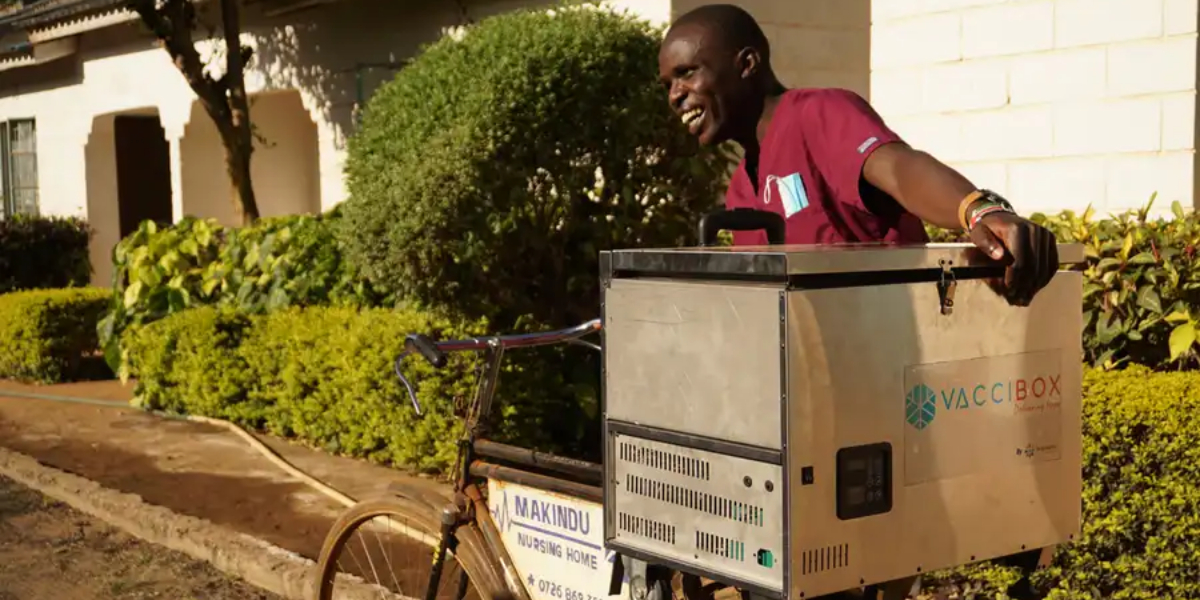AWARD YEAR
2023
CATEGORY
Work
GOALS
Responsible Consumption & Production, Life Below Water
KEYWORDS
Octopus, IoT, monitoring
COUNTRY
Republic of Korea
DESIGNED BY
Korean government
WEBSITE
https://www.msit.go.kr/eng/index.do
Smart Octopus Service
Korean government uses smart tech to monitor octopus fishing
How does it work?
The project leverages drones, artificial intelligence, and the internet of things to manage octopus resources and reduce illegal fishing. The ‘Smart Octopus Service’ targets Shinan-gun County in the province of Jeollanam-do. The service aims to eliminate illegal fishing operations – one of the major causes of the fall in octopus resources in the region. CCTV cameras have been installed to separate authorised and non-authorised fishing ships, and smart sensors have been fitted on over 50 registered vessels.
Why is it needed?
Octopus is a beloved food delicacy in South Korea, with 36,899 tonnes of the mollusc consumed in 2020. But domestic octopus fishing in the country is on the decline thanks to marine pollution, loss of skills, and illegal fishing. Now, a government project—part of the country’s ‘Digital New Deal’—is using technology to turn the tide.
How does it improve life?
The service also provides smart and innovative natural resource management systems, making it easier for both authorities and fishing communities to monitor the mudflats and ocean waters where octopuses live. Drones were used to capture images of mudflats across Korea, which were then fed into AI systems to extract data. In total, over 60,000 data points were made available to locate octopus trails. The data is accessible to fishermen through a web-based app interface called ‘Smart Shinan’. This app allows users to view the location of octopuses and identify environmental changes in the tidal flats.
The next step for the project is to expand the Smart Octopus Service to more locations across Korea. “The service became a success case of the Digital New Deal initiative as it has significantly improved productivity of natural resources overall,” the Korean Ministry of Science and ICT explained in a press release.





